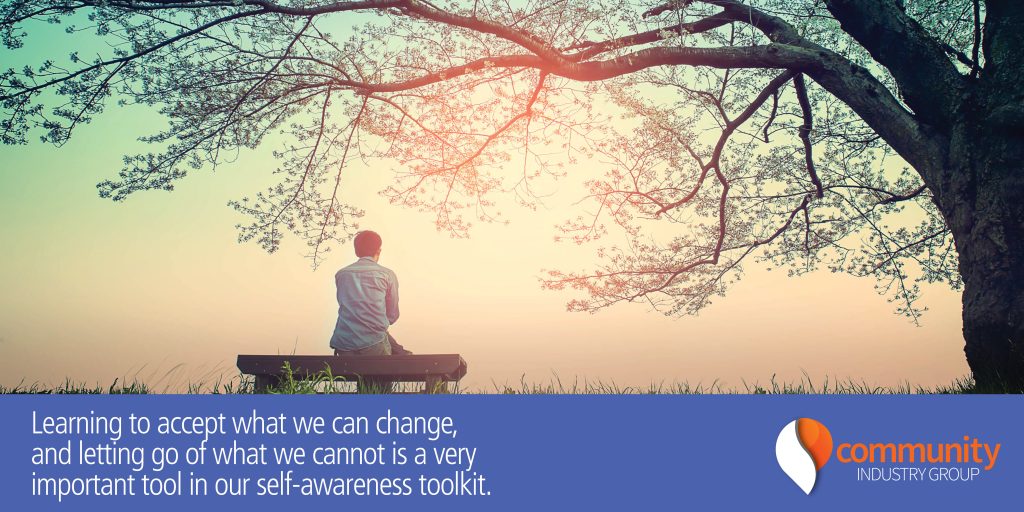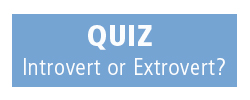Online Training
Understanding ourselves
Understanding and managing ourselves
If we’re going to keep well physically, mentally, emotionally and socially during challenging times, then it’s essential that we understand our strengths, limitations, capacity and resources. Let’s take a look at some of the ways we can better understand and manage ourselves when times get tough.

How you respond to uncertainty
The world is becoming increasingly unpredictable and uncertain and how we respond to these challenges is important. One of the most common responses to uncertainty is fear or anxiety. How will I cope? What will happen if…? These responses can quickly snowball into feelings of despair and worry. We need to develop the capacity to both live with increasing uncertainty, whilst not being overwhelmed by it. This leads us to our next topic, control.
Control
When things start to go pear shaped, our first instinct is to exercise as much control as we can, to ‘fix’ the situation. Depending on our personality, level of responsibility, conditioned responses to the world and need for predictability or certainty, we will do what we can to get things back ‘under control’ to alleviate our uncomfortable feelings such as worry, anxiety, fear or vulnerability.
Naturally, if you are a self-defined control freak with high expectations of yourself and others, this will cause you a lot more stress! If you carry a lot of responsibility in your work, family or community life, it’s difficult not to fall in to the trap of thinking you have to fix everything. Let’s face it, you can’t.
Acceptance
Things are not the way we would like them to be. Often there are too many issues that are beyond our individual capacity to change or manage and it’s easy to feel overwhelmed. That’s where acceptance of our situation is essential.
Learning to accept what we can change, and letting go of what we cannot is a very important tool in our self-awareness toolkit.
The gift of adversity
Challenges in life can be exhausting and it’s easy to feel depleted, depressed and disillusioned. However, it’s only through challenges that we develop our resilience, strength, compassion and endurance. Our common humanity and shared experience unites us and gives us an opportunity to be more tolerant, thoughtful and caring – both for ourselves and others.
Introvert or extrovert?
Depending on whether we are naturally more introverted or extroverted, we respond to external pressures in different ways. What we do to nurture ourselves is also quite different, so it’s important to tune in to your personal style and needs.
Extroverts need and enjoy the company of others much more than introverts, who often feel overwhelmed by too much social activity. Whilst it’s important to keep connected with good friends, family and the people who support you during difficult times, if you are more introverted, saying no to extra social demands and giving yourself the time and space to re-energise is important.
If you are unsure if you are an introvert or extrovert please click the button below to take a quiz (created by introvertdear.com).
Boundaries and Choice
People who are caring by nature and work in roles where they extend care to others are often at risk of compassion fatigue, vicarious trauma and burnout. Often we neglect ourselves in service to others. The reality is, if we do not look after ourselves, we will be in no position to care for others either. If you feel yourself increasingly exhausted by the demands placed on you, it’s important that you exercise more choice about what you say yes to, and what you say no to.
Developing resilience is essential to prevent burnout, however it’s important to distinguish between the two. This article goes into more detail: Preventing workplace burnout: why resilience is not enough.


